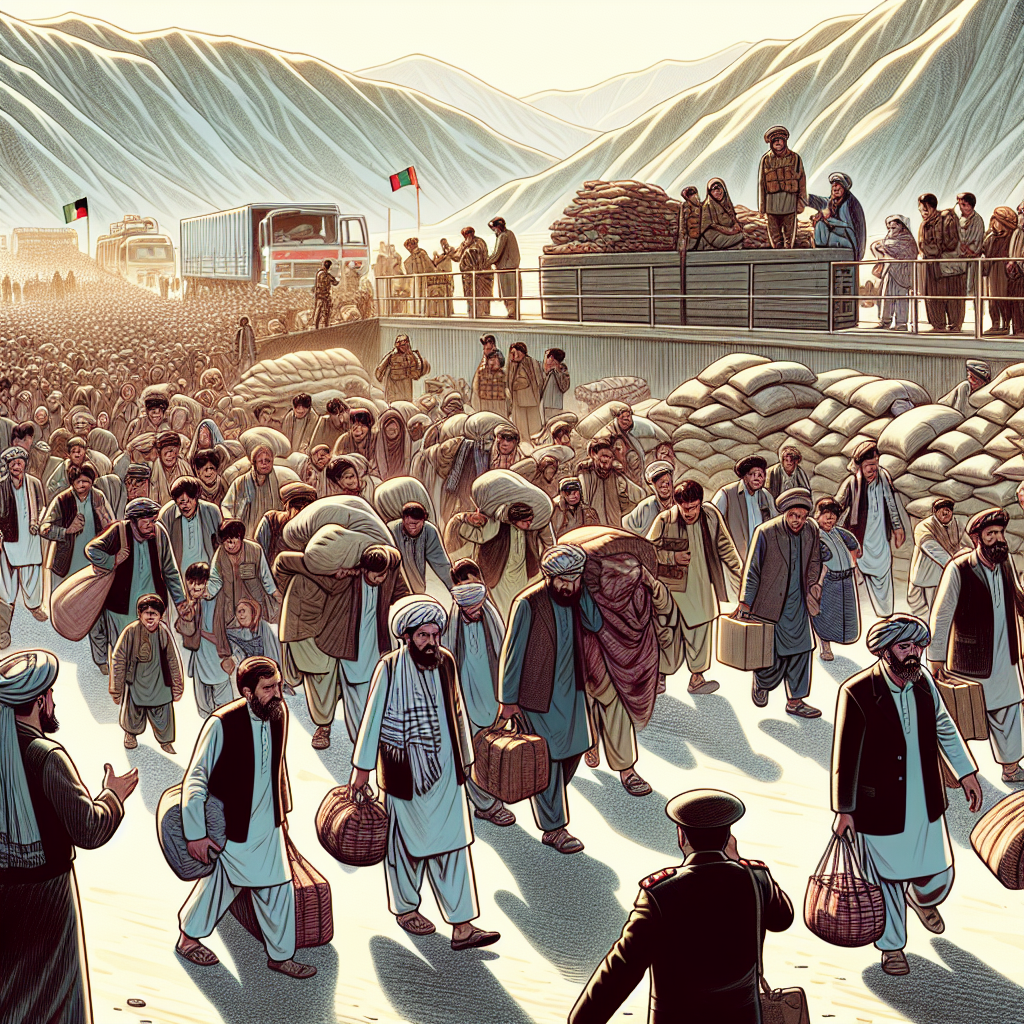Over 2,500 Afghans Deported Through Torkham Border Crossing
Mass Deportation of Afghans Through Torkham Border: Key Insights
Introduction
The recent deportation of over 2,500 Afghans through the Torkham border crossing has raised significant concerns and discussions. This event highlights the ongoing challenges faced by Afghan migrants and the complex geopolitical dynamics in the region.
Background
The Torkham border crossing, a crucial point between Afghanistan and Pakistan, has been a focal point for migration and deportation activities. The recent deportation is part of a broader trend of increasing border control measures.
Details of the Deportation
- Over 2,500 Afghans were deported through the Torkham border crossing.
- The deportation process was carried out over a short period, indicating a coordinated effort.
- Many of those deported were reportedly living in Pakistan without legal documentation.
Implications and Reactions
The deportation has sparked various reactions from different stakeholders:
- Human rights organizations have expressed concern over the treatment of deportees.
- There are fears of humanitarian crises as deportees face uncertain futures in Afghanistan.
- The event has strained diplomatic relations between Afghanistan and Pakistan.
Conclusion
The deportation of over 2,500 Afghans through the Torkham border crossing underscores the ongoing challenges in managing migration and border security in the region. It highlights the need for comprehensive policies that address the humanitarian aspects of migration while balancing security concerns.
Essential Takeaways
This event serves as a reminder of the complex interplay between migration, security, and human rights. It calls for increased dialogue and cooperation between nations to ensure humane and effective management of migration issues.






